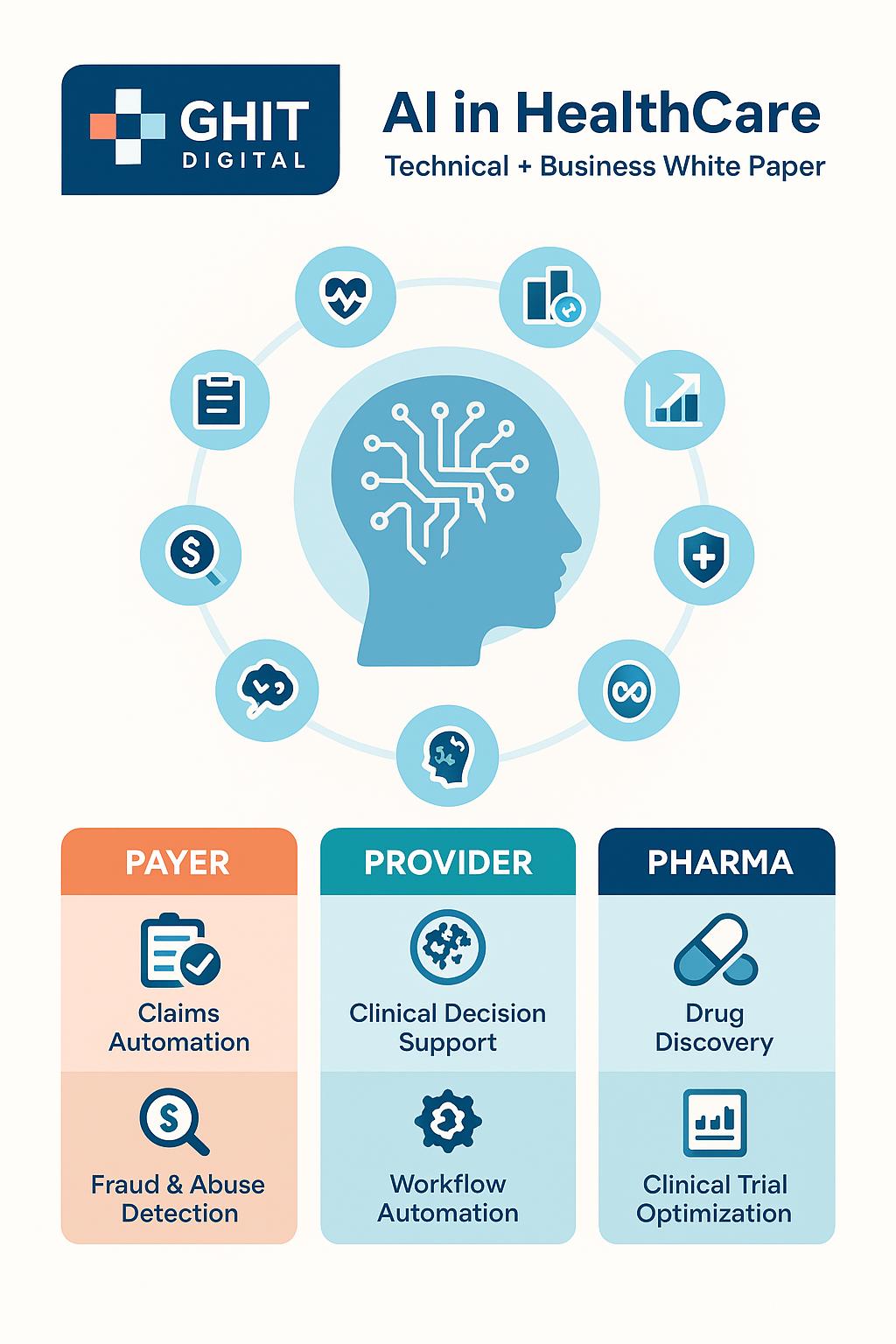Severity: Warning
Message: fopen(/home/pw4h7jd5oxft/public_html/ghit.digital/application//temp/ci_session_frontend464d05258dd895e4e5af309b87eb08bf63eb5f2d): failed to open stream: Disk quota exceeded
Filename: drivers/Session_files_driver.php
Line Number: 172
Backtrace:
File: /home/pw4h7jd5oxft/public_html/ghit.digital/application/third_party/MX/Loader.php
Line: 173
Function: _ci_load_library
File: /home/pw4h7jd5oxft/public_html/ghit.digital/application/third_party/ion_auth/libraries/Ion_auth.php
Line: 64
Function: library
File: /home/pw4h7jd5oxft/public_html/ghit.digital/application/third_party/MX/Loader.php
Line: 173
Function: _ci_load_library
File: /home/pw4h7jd5oxft/public_html/ghit.digital/application/third_party/MX/Loader.php
Line: 192
Function: library
File: /home/pw4h7jd5oxft/public_html/ghit.digital/application/third_party/MX/Loader.php
Line: 153
Function: libraries
File: /home/pw4h7jd5oxft/public_html/ghit.digital/application/third_party/MX/Loader.php
Line: 65
Function: initialize
File: /home/pw4h7jd5oxft/public_html/ghit.digital/application/third_party/MX/Base.php
Line: 55
Function: __construct
File: /home/pw4h7jd5oxft/public_html/ghit.digital/application/third_party/MX/Base.php
Line: 60
Function: __construct
File: /home/pw4h7jd5oxft/public_html/ghit.digital/application/third_party/MX/Controller.php
Line: 4
Function: require
File: /home/pw4h7jd5oxft/public_html/ghit.digital/application/third_party/MX/Modules.php
Line: 123
Function: include_once
File: /home/pw4h7jd5oxft/public_html/ghit.digital/application/core/MY_Controller.php
Line: 9
Function: spl_autoload_call
File: /home/pw4h7jd5oxft/public_html/ghit.digital/index.php
Line: 315
Function: require_once
Severity: Warning
Message: session_start(): Failed to read session data: user (path: /home/pw4h7jd5oxft/public_html/ghit.digital/application//temp)
Filename: Session/Session.php
Line Number: 143
Backtrace:
File: /home/pw4h7jd5oxft/public_html/ghit.digital/application/third_party/MX/Loader.php
Line: 173
Function: _ci_load_library
File: /home/pw4h7jd5oxft/public_html/ghit.digital/application/third_party/ion_auth/libraries/Ion_auth.php
Line: 64
Function: library
File: /home/pw4h7jd5oxft/public_html/ghit.digital/application/third_party/MX/Loader.php
Line: 173
Function: _ci_load_library
File: /home/pw4h7jd5oxft/public_html/ghit.digital/application/third_party/MX/Loader.php
Line: 192
Function: library
File: /home/pw4h7jd5oxft/public_html/ghit.digital/application/third_party/MX/Loader.php
Line: 153
Function: libraries
File: /home/pw4h7jd5oxft/public_html/ghit.digital/application/third_party/MX/Loader.php
Line: 65
Function: initialize
File: /home/pw4h7jd5oxft/public_html/ghit.digital/application/third_party/MX/Base.php
Line: 55
Function: __construct
File: /home/pw4h7jd5oxft/public_html/ghit.digital/application/third_party/MX/Base.php
Line: 60
Function: __construct
File: /home/pw4h7jd5oxft/public_html/ghit.digital/application/third_party/MX/Controller.php
Line: 4
Function: require
File: /home/pw4h7jd5oxft/public_html/ghit.digital/application/third_party/MX/Modules.php
Line: 123
Function: include_once
File: /home/pw4h7jd5oxft/public_html/ghit.digital/application/core/MY_Controller.php
Line: 9
Function: spl_autoload_call
File: /home/pw4h7jd5oxft/public_html/ghit.digital/index.php
Line: 315
Function: require_once

A GHIT Digital Perspective | Deep, Implementable, and Future-Ready
Artificial Intelligence is no longer a point solution in healthcare — it’s becoming an enterprise-wide capability transforming operations, care delivery, and innovation across Payers (P1), Providers (P2), and Pharma & Med Devices (P3).
The promise is immense: reduced administrative overhead, faster diagnostics, accelerated R&D, improved patient outcomes, and optimized cost structures. But success depends on one thing — the right foundation in data engineering, MLOps, compliance, and enterprise integration.
A successful AI ecosystem begins with data connectivity and interoperability. Standards such as FHIR, HL7, X12, and DICOM enable seamless exchange across care settings.
With Master Data Management (MDM) for identity resolution, cloud lakehouses for scalable data storage, and Kafka streaming for real-time events, organizations can ensure clean, consent-driven data pipelines that power enterprise AI.
The modern AI stack is modular, scalable, and compliant, integrating every layer — from ingestion to monitoring:
Core Components:
- Data ingestion adapters
- Cloud lakehouse and feature stores
- Model development and MLOps pipelines
- Model registry, serving APIs, and BPM integration
- Governance, observability, and audit layers
Key Platforms: AWS, Azure, Google Cloud, Databricks, Snowflake, MLflow, Kubeflow, and NewgenONE.
[EHR / Claims / Imaging] → [Adapters] → [Lakehouse] → [Feature Store] → [Model Training] → [Model Registry] → [Serving/API Layer] → [BPM Integration – NewgenONE] → [Monitoring & Audit]
This blueprint ensures that every model is not just accurate — but also traceable, explainable, and compliant.
Modern healthcare AI requires continuous validation and lifecycle control.
From retrospective testing to Predetermined Change Control Plans (FDA), models must meet rigorous standards of bias, fairness, robustness, and traceability, supported by automated CI/CD pipelines and real-time performance monitoring.
Trust is non-negotiable. GHIT emphasizes responsible AI frameworks built on:
- HIPAA compliance & de-identification
- Differential privacy & explainability (SHAP, LIME)
- Bias audits & transparency dashboards
Ethical AI isn’t optional — it’s integral to sustainable healthcare transformation.
Every AI initiative in healthcare operates under a complex web of regulations:
HIPAA, FDA SaMD Action Plan, NIST AI RMF, ONC Interoperability Rules, and emerging State Privacy Laws.
Compliance must be baked into architecture, not bolted on later.
Future-ready healthcare systems follow an API-first, event-driven design.
Core patterns include NLP + RPA automation, human-in-the-loop validation, edge-based model updates, and hybrid deployments that bridge on-prem and cloud.
Responsible AI demands structure — from maintaining model inventories and governance boards, to enforcing approval checkpoints, bias reviews, and performance audits.
Every model must be explainable and reproducible.
- Schema validation via registries
- Feature-store parity across environments
- GitOps-based CI/CD
- End-to-end encryption, RBAC, and network isolation
These technical safeguards underpin operational trust and scalability.
AI’s success isn’t just about accuracy — it’s about outcomes.
Key Metrics: Time-to-decision, claim cycle reduction, diagnostic accuracy, readmission reduction, uptime, and model drift indicators.
A pragmatic, phased approach ensures value realization and regulatory readiness.
GHIT Digital unites AI, compliance, and automation — integrating NewgenONE and other leading platforms to deliver AI-first transformation across healthcare.
Our accelerators enable faster deployment, governance-led MLOps, and outcomes aligned with both clinical and operational KPIs.
The modern AI Architect bridges technology and healthcare — owning the roadmap, ensuring compliance, driving integration, and leading talent enablement across functions.
Top challenges include data quality, regulatory exposure, model drift, and cloud spend.
GHIT’s approach: enforce data contracts, automate drift monitoring, embed governance, and apply dynamic cost optimization strategies.
1. Begin with one high-ROI pilot
2. Conduct comprehensive HIPAA & security reviews
3. Standardize on FHIR + SMART on FHIR
4. Establish a Model Risk & Governance Board
5. Build the first MVP pipeline integrated with BPM
AI is redefining the healthcare landscape — but true transformation requires more than models and dashboards. It needs a connected ecosystem, governed data, and responsible intelligence.
GHIT Digital helps Payers, Providers, and Pharma organizations navigate this journey — combining AI innovation with compliance, interoperability, and enterprise-grade delivery.
Contact: Contact@GHIT.digital | 201-792-8924
© 2025 GHIT Digital | #AIinHealthcare #HealthTech #MLOps #DataInteroperability #FutureReadyHealthcare